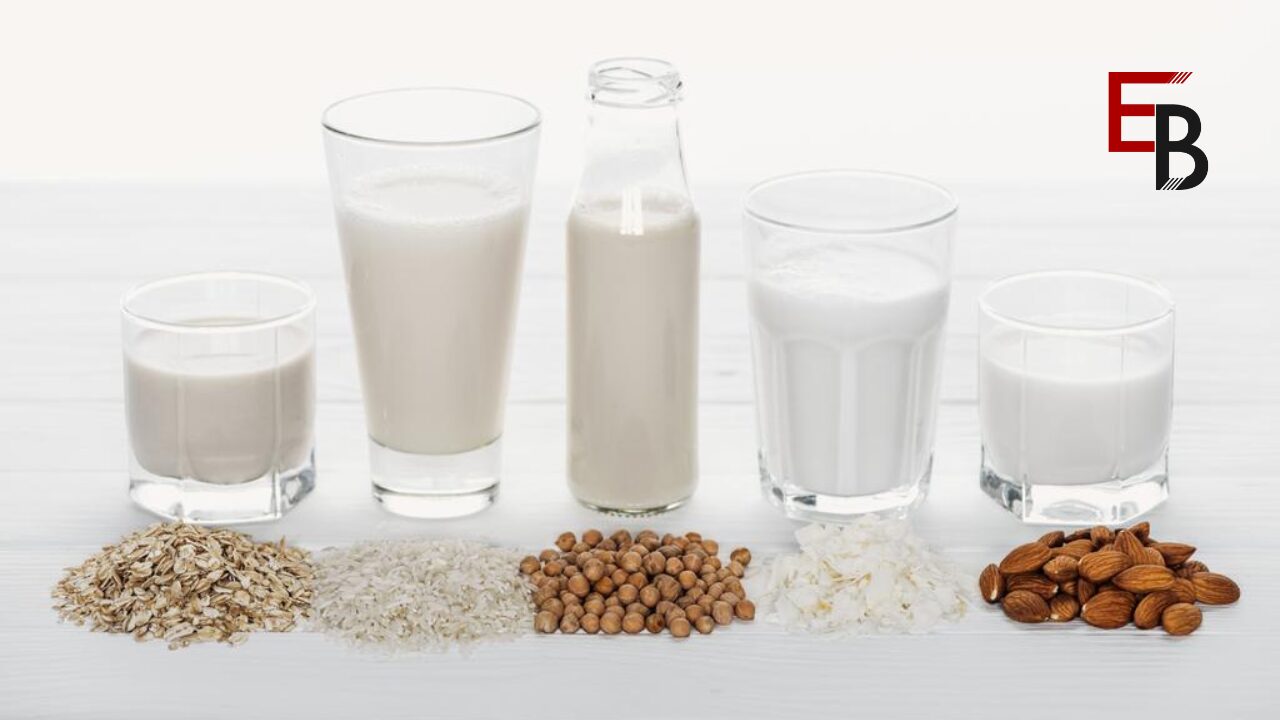Why Should You Avoid Milk in Intermittent Fasting? – A Detailed Guide

Intermittent fasting has become a prevalent and promising method for losing weight and improving health. It entails fasting for several hours and eating during the remaining period. But this practice has so many drinking restrictions to keep the fasting stage. Then, what can you drink while intermittent fasting? Well, there are so many beverage options, but not something with any carbohydrates or calories.
That’s why it becomes questionable when considering having milk during fasting. Many people cannot resist their morning coffee, tea, or milkshake cravings. But is it okay to have milk during intermittent fasting? So, here is a thorough guide to help you grasp everything there is to know about milk and intermittent fasting.
What Happens When You Have Milk in Intermittent Fasting?
The body does not receive any carbohydrates while we fast because we don’t eat anything. When no carbs are left, it burns fat and uses it as fuel. In this scenario, the body enters ketosis. This is when you start losing weight and get several health benefits. So, to have these benefits, one must avoid carbs or calories. The body needs zero carbs while fasting.
Generally, carbs are our body’s primary energy source. So, when the carb enters your body, it would choose carb over ketone body. Having more than 50g of carbs per day can get you thrown out of ketosis if your drink includes carbs and calories. Thus, even a small amount of carb or calorie can throw you out of ketosis and eventually break your fast.
Milk is also suitable for health and has been on our food list for centuries. It contains calories, carbs, protein, natural sugar, and lactose. These ingredients are not suitable for intermittent fasting. A cup of milk might easily break your fast because it contains around 12g of carbs. Furthermore, having milk while fasting can also impact your gut health, blood sugar, autophagy, and several hormones.
Why Do You Need to Avoid All Types of Milk?
There are varieties of milk available, and they all have adverse impacts in some way or another. Here’s why you must abstain from having them.
Cow Milk
Cow milk has natural sugar in it and lactose. So, having it while fasting can cause gas, bloating, uneasiness in the stomach, and even diarrhoea. There is a protein called Casein, which makes it hard to digest the milk. This is because your stomach is empty. That’s what leads to all these gut health problems. The same thing goes with even skimmed milk.
Almond Milk
Since almonds have fewer carbs and are recommended for the keto diet, people often ask whether almond milk breaks fast. Even though it has fewer calories and carbs than dairy milk, it may disrupt your fast. Sometimes, almond milk is sweetened by artificially added sugar, which is bad for the fast. However, the unsweetened almond milk has very few calories and carbs. So, taking it wouldn’t trigger a significant insulin level.
Coconut Milk
Coconut milk may contain high fat, calories, carbs, and protein. This may speed up your digestion system and take it to a fed state. Even though it doesn’t include lactose, it has carbs. Consuming it during the fast can lead to insulin spikes and higher blood sugar levels. This sudden spike is nasty for people with type 2 diabetes. Thus, it would hamper the fat-burning process and break the fast.
Apart from these three types of milk, you have soy, oat, whole, flavoured, and so on. All these milks may have impacts in several ways. Your body’s hormone levels may get temporarily imbalanced, thus making it hard to lose weight. The autophagy stage will also have a harmful impact. The recycling of damaged cells and the reduction of inflammation will stop. Milk produces an amino acid, which eventually prevents autophagy.
Alternative Drinks for Milk in Intermittent Fasting
You can have many other beverages if you have an intense craving for some beverages. There are many options instead of milky drinks.
- Herbal tea
- Green tea
- Black coffee
- Flavored water
- Seltzer
- Lemon water
- Mineral water
All these drinks provide several health benefits during the fasting stage. They keep the body hydrated, give necessary minerals, increase metabolism, and more.
We understand that these options are not as tasty as milk drinks. But, to get some healthy benefits from intermittent fasting and lose weight, you must control your cravings.
READ MORE
Conclusion
So, as discussed above, it’s clear that milk includes carbs, calories, protein, and lactose, which are bad for fasting. Having milk or any milk-related drink will break your fasting stage and have many adverse effects. Avoiding all types of milk for good health results would be best. But someone so desperate to fulfil their cravings may indeed have it. But what happens next? We all know that.
